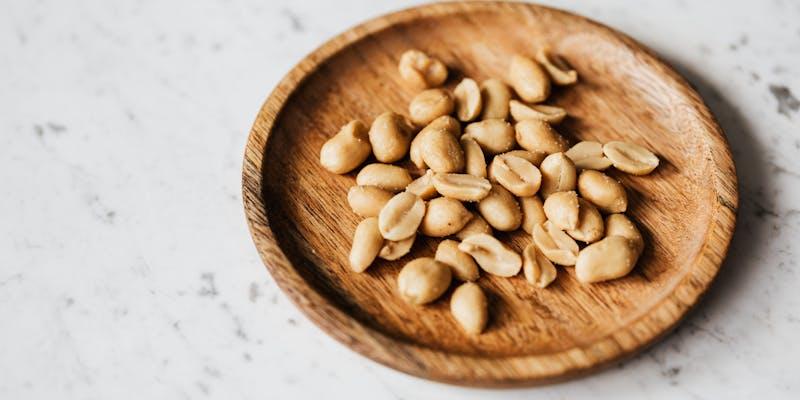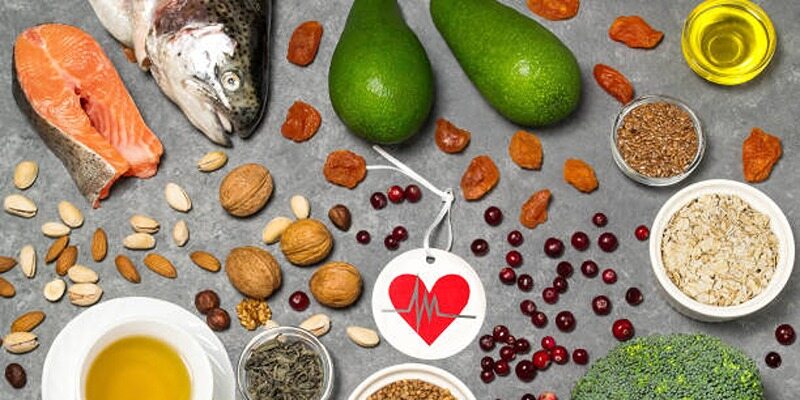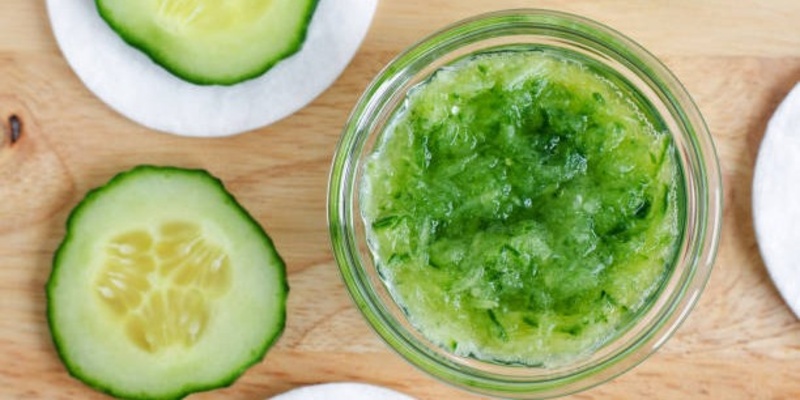Almost universally, we have enjoyed those brittle and crispy peanuts while binge-watching our favorites on television. Do you ever reflect on the severity of the physical impact that can come from engaging in binge eating? Insufficient consumption of peanut butter for weight gain can result in adverse life consequences. The results will be visually represented on the scale. Peanuts can cause weight gain when consumed in excess.
Can Eating Peanuts Make You Gain Weight?
Before going into the lipid content of peanut butter for weight gain, the following nutritional value parameters are present in 100 grams of peanuts:
- phosphorus (432 mg)
- potassium (680 mg)
- magnesium (174 mg)
- zinc (3 mg)
- vitamin E (8.1g)
- vitamin B2 (0.14 mg)
- vitamin B3 (21.3 mg)
Substantial ingestion of peanuts could lead to weight gain due to the elevated caloric and lipid contents found in peanut ingredients. Controlling one's peanut intake may also cause inconvenience. As a result, many individuals engage in the excessive consumption of peanuts, specifically those that have undergone caramelization or salting.
The weight gain implications of integrating peanuts into one's exercise regimen and diet are subject to debate. A combination of inactivity and fat accumulation can lead to obesity. Peanut consumption and consistent physical activity prevent the need for concern over weight status. As a result, peanuts are considered a product that offers many health advantages. Even better, research suggests that incorporating peanuts into one's diet may facilitate weight loss. The substantial fiber content of peanuts inhibits the complete absorption of caloric, thus endowing them with this characteristic.
Peanuts are rich in protein, which may prolong the sensation of fullness and aid in regulating satiety, in contrast to their high fat and calorie content. According to numerous studies, maintaining a moderate portion of peanut butter for gain weight as a nibble consistently promotes appetite regulation and does not contribute to weight gain.
Optimum Daily Intake of Peanuts

Determining the ideal daily caloric intake to prevent weight gain is remarkably difficult. Furthermore, this depends on the individual's hormonal equilibrium, way of life, and metabolic rate. Incorporating peanuts into daily meals, which account for approximately 30 grams, can satisfy a quarter of the recommended daily allowance for healthy adults. As a result, effective weight management becomes feasible. Subsequently, authorities recommended a daily intake of one to two handfuls of natural peanuts, equivalent to 280 calories. However, salty roasted peanuts and additives used in peanut butter for gain weight processing should be avoided.
Risks Of Eating Peanuts
Peanuts have reaching and contracting enzymes. Genes make certain individuals protein-sensitive. Peanut allergies may cause serious reactions. Peanuts are heavy in calories, so avoid overeating. High-calorie diets may cause obesity. This is true independent of the nutritious richness of the calories-absorbing meals. Peanuts are healthier raw, but salt diminishes their nutritional value when roasted. They may supplement a balanced diet when taken sparingly.
Health Benefits Of Peanuts

Boosting Eye Health
Nuts and greens may improve your health. Peanuts contain zinc, which helps carry vitamin A from the liver to the retina, improving vision. Additionally, peanuts' vitamin E decreases the progression of age-related disorders, including macular degeneration and cataracts. Research reveals that vitamin E's antioxidant capabilities may protect the eyes from free radical damage. Maintaining your vision is easiest with a diet rich in these minerals.
Lowering Cancer Risk
Peanut eating may be an open-minded and right choice to avoid having cancer. Peanuts have this one thing that might make them the choice for fighting cancer. The peanuts high protein and vitamin E content makes them one of the best foods for cancer prevention. The nut peanut contains resveratrol, an antioxidant; hence, it may decrease the blood supply that reaches cancer cells. American Medical Association: In the case of peanuts, they tend to manage insulin levels and prevent type 2 diabetes from developing. People with diabetes may even be peanuts' die-hard fans, given their amazing, energizing, and health-beneficial nature.
Friendly Option for Diabetics
High cholesterol is linked to 25% of adult gallstones. Since peanuts regulate cholesterol, they reduce gallstone risk. Due to their good fat content, nutritional peanuts may lower cholesterol. Peanuts daily may enhance liver and gallbladder function, reduce gallstone risk, and lessen gallstone eventsany heart-healthy diet benefits from peanuts.
Preventing Gallstones
Stones in the gallbladder are the cases for about 25% of the population annually, and in most cases, stones in the gallbladder are associated with high cholesterol. Eating peanuts regularly is a good way to balance cholesterol and protect against gallstones. Due to their mineral and healthy fat content, peanuts assist in the preservation of cholesterol at normal levels. One of the apparent health benefits of Peanuts and weight gain consumption is having a well-functioning gallbladder and liver, which even decreases the probability of gallstone formation. Thus, combining peanuts with a heart-healthy diet builds a strong base for a healthy heart.
Sharpen Your Mind
Peanuts include niacin, folate, and vitamin B1 for brain and memory health. These nutrients boost brainpower. Multiple studies demonstrate that frequent niacin and vitamin B1 use reduces cognitive decline and Alzheimer's disease risk. Peanut resveratrol improves cognition and language. According to a study, "mood foods," such as polyphenol-rich peanuts, may help with mental and cognitive problems. Eating peanuts regularly benefits your brain.
Strengthen Your Bones
With aging, bones lose strength and dynamicity. For safety reasons, eat peanuts. The manganese and phosphorus found in peanuts are known to support bone strength. As part of a daily menu, Peanuts are a valuable resource for making healthy and long-lasting bones and joints. With their rich mineral and micronutrient content, Peanuts help bones be strong. Peanut consumption may allow you to see the relationship between peanuts and weight gain, which might also be a source of bone health during old age.
Radiant Skin
The peanuts contain resveratrol, which is good for the skin, and monounsaturated fats. The purpose of these nutrients is to clear and wash away the unclean particles, avoiding dry and damaged skin. Resveratrol promotes uniform skin tone, decreases wrinkles and folds, and slows aging. Peanuts might help to ease eczema and psoriasis symptoms. Furthermore, peanuts' vitamins E and C shield the skin from UV rays, and c helps the skin appear younger. Peanuts include amino acids and antioxidants. Eat peanuts for all your nutrients to see the relation between Peanuts and weight gain.







